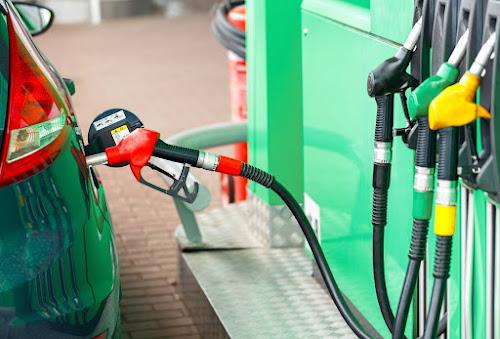Business
Fuel Price Decrease Offers Relief to South Africans Amid Inflation Pressures

South Africans are finally seeing some financial relief as the government announces a notable fuel price decrease across the country. Minister of Minerals and Petroleum Resources, Gwede Mantashe, confirmed on Friday that both petrol and diesel prices will be reduced, with petrol going down by 22 cents per litre and diesel by as much as 42 cents per litre.
The announcement has been welcomed by economists, trade unions, and the agricultural sector, all of whom say this move could help soften the economic blow of high living costs and revive consumer confidence.
“Even modest reductions in fuel prices can ease pressure on household budgets,” said Professor Waldo Krugell from North-West University. “It also contributes to keeping inflation low, which is good news for households and businesses alike.”
Krugell added that, paired with the recent scrapping of the proposed VAT hike, this positive momentum could result in stronger consumer spending—a key driver of economic growth in 2025.
A Boost for Agriculture and Commuters
The agricultural sector stands to benefit significantly. According to UASA spokesperson Abigail Moyo, lower diesel prices are especially crucial during summer harvests and winter crop planting seasons.
“Fuel accounts for nearly 13% of input costs in grain production,” Moyo explained. “This decrease will help contain food inflation and improve affordability for the average consumer.”
The relief isn’t just for farmers. Millions of commuters and workers who depend on public transport will also benefit, said COSATU spokesperson Matthew Parks.
“While we welcome this drop in fuel prices, it’s vital that government returns to meaningful engagement at Nedlac to discuss long-term solutions to manage fuel costs,” he said. Parks also highlighted the importance of resolving issues at Eskom, Transnet, and Metrorail to ensure affordable electricity and transport services.
A Measured Optimism
Despite this being the fourth fuel price drop this year, not everyone is seeing the benefits yet. Mervyn Abrahams, coordinator of the Pietermaritzburg Economic Justice and Dignity Group, noted that food prices continue to rise.
“We’re not yet seeing these fuel price reductions reflected in retail food costs. Fuel is a major component in the supply chain, and we hope to see more direct benefits for consumers soon.”
Still, the timing couldn’t be better for some. Wandile Sihlobo, chief economist at Agbiz, said that the decrease comes at a critical moment for the agricultural industry.
“Harvesting season for grains, oilseeds, and citrus is underway. Lower fuel prices will reduce transportation and production costs,” he said. Sihlobo pointed out that the global decline in Brent crude oil prices—thanks to increased supply from major producers—is the main driver of this local relief.
This latest fuel price decrease in South Africa offers a glimmer of hope for a country grappling with high living costs and sluggish growth. With key sectors like agriculture and transport expected to benefit, many are hopeful that this relief will ripple through the economy and make a real difference to ordinary South Africans.
{Source: IOL}
Follow Joburg ETC on Facebook, Twitter , TikTok and Instagram
For more News in Johannesburg, visit joburgetc.com



























